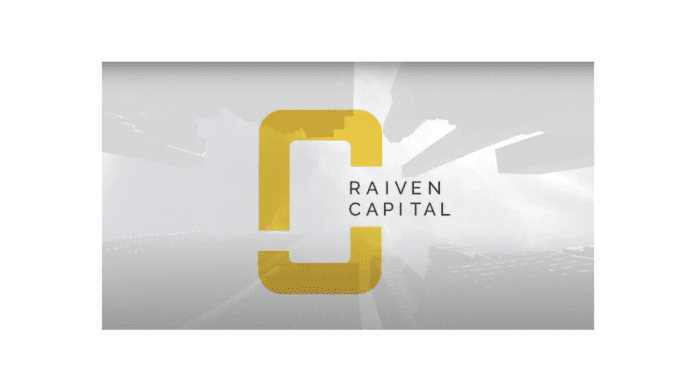Raiven Capital, a global early-stage technology venture fund, recently announced the release of a white paper that studied the future of work post-pandemic, where hybrid and remote teams are here to stay.
The Future of Work comprises original research and simulations with Raiven Capital’s portfolio companies. It showcases insights on best practices for startups in a post-pandemic hybrid world, changing workplace cultures and the type of leadership required now.
The study raises questions of how creativity, innovation, collaboration, and success are best created in hybrid workplaces. “Is work better, worse, or different? How do changes in work impact the creativity of young startups?” said Dr. Romola Porchuk, an organizational psychologist and culture expert who created the study.
Startups with hybrid work environments must define a culture with clear values and transparency, noted Raiven’s General Partner Paul Dugsin. “Companies that do not define culture face the risk of failure. Pre-articulated goals and roles enable smooth workflows, without chaos,” he stated

The study showed that pre-pandemic startups could get away without having a clear culture defined because relationships were personal and face to face. Cultures evolved organically pre-pandemic relationships were easier to navigate and manage. The personal touch discussions around the water cooler made a difference.
In a post-pandemic world featuring remote work environments, relationships do not develop as easily. Even simple disagreements can destroy relationships; every action impacts the entire organization. Particularly in startups, and in simulations, smooth operation can be difficult given the speed and agility needed for growth.

The topic of culture is especially relevant, as it falls on the heels of recent articles that blame toxic work cultures for the “Great Resignation.” However, beyond culture maps, relationship maps, both internal and external, that define expectations, behavior, and processes become critical in startup environments. Leaders that create roles with well-defined relationships and boundaries build rather than destroy culture.






